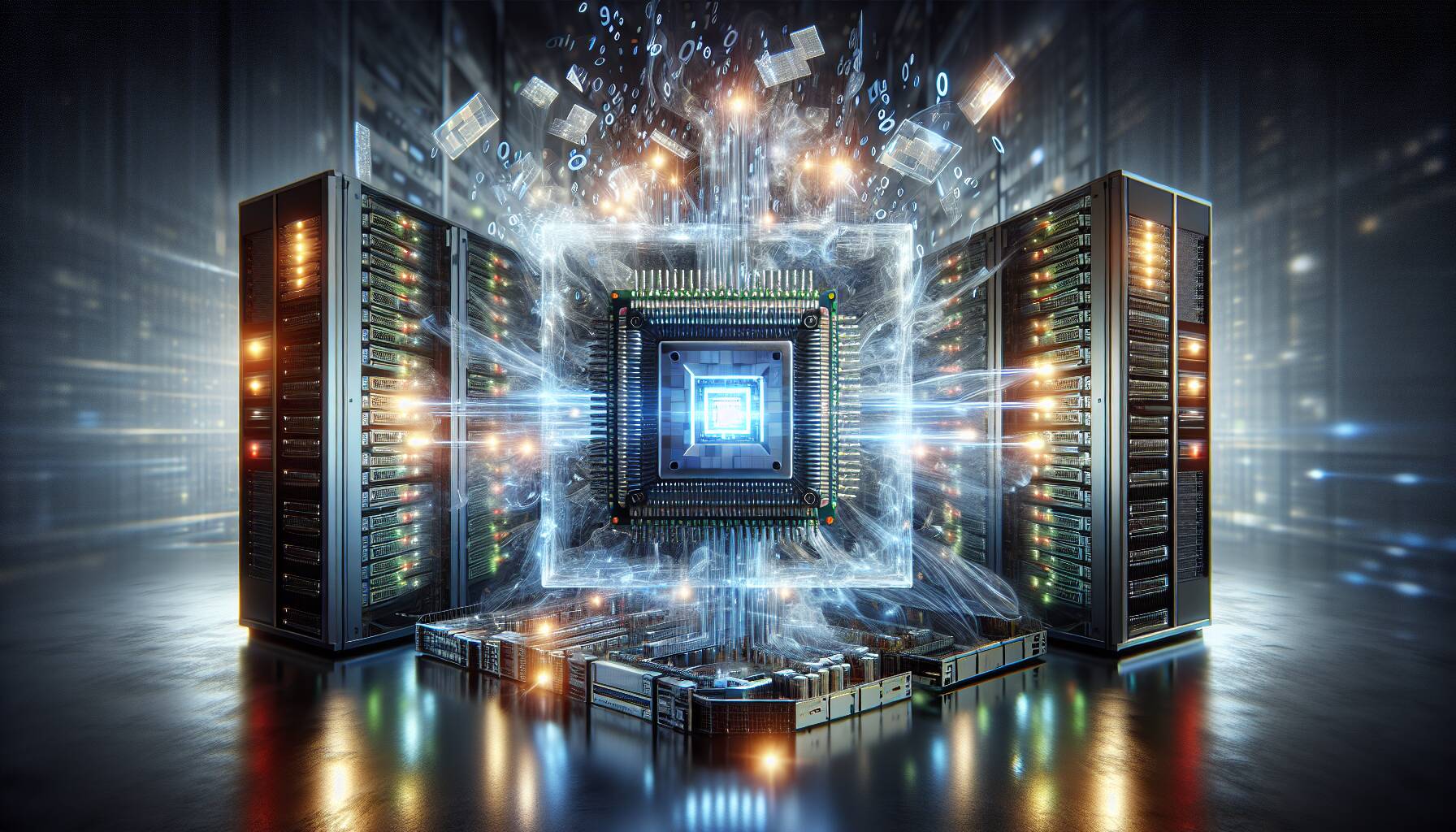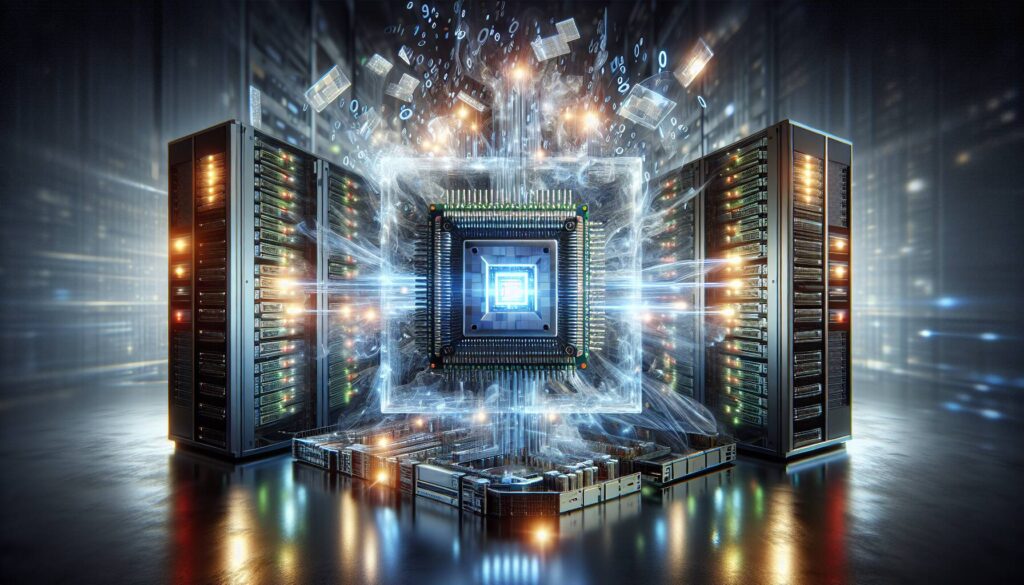Riot Platforms, a key player in the Bitcoin mining industry, has recently made waves by appointing three new directors to its board. This strategic move highlights the company’s proactive approach as it looks to explore opportunities in the cutting-edge realms of artificial intelligence (AI) and high-performance computing (HPC). The new board members include notable figures such as Michael Turner, former president of Oxford Properties; Jaime Leverton, who previously led Hut 8 Mining; and Doug Mouton, an experienced data center developer from tech giants Microsoft and Meta.
According to a company release, these appointments coincide with Riot’s plans to repurpose its existing mining facilities, notably its Corsicana Facility in Texas, to accommodate AI workloads. This pivot is particularly significant as the cryptocurrency sector grapples with challenges such as soaring energy costs and diminishing mining rewards following the recent Bitcoin halving event. Riot Platforms has enlisted the help of investment banks Evercore and Northland Capital Markets to navigate this transition effectively.
“The adjustments at Riot Platforms exemplify the broader trend in the mining industry, where companies are innovating to secure new revenue streams amid evolving market conditions,”
noted a recent report from CoinDesk, which also pointed out that rivals like Core Scientific have been developing AI-focused infrastructure since 2019. As the landscape of cryptocurrency continues to evolve, Riot’s strategic redirection towards AI is a noteworthy development that could reshape its future in the digital economy.

Riot Platforms Explores AI Opportunities
Riot Platforms is making significant changes within its organization as it pivots towards artificial intelligence (AI) and high-performance computing (HPC). Below are the key points from the recent developments:
- New Board Appointments:
- Michael Turner, former president of Oxford Properties.
- Jaime Leverton, ex-CEO of Hut 8 Mining.
- Doug Mouton, a veteran in data center development from Microsoft and Meta.
- Strategic Infrastructure Repurposing:
Riot is considering repurposing its Corsicana Facility in Texas to accommodate AI workloads.
- Advisory Support:
Riot has engaged Evercore and Northland Capital Markets to assist with this transition.
- Industry-Wide Trends:
The shift towards AI and HPC aligns with a broader industry trend as miners seek new revenue streams.
- This trend is especially pronounced due to rising energy costs.
- Lower mining rewards following the recent Bitcoin halving are influencing these strategic pivots.
- Competitor Developments:
Competitors like Core Scientific have been building AI-focused infrastructure since 2019, indicating a competitive landscape.
These developments could impact investors and stakeholders as Riot Platforms adapts to new technologies and seeks to maintain profitability in a challenging market.
Riot Platforms Expands Board with AI and HPC Vision
Riot Platforms is making a bold move by appointing experienced leaders to its board, signaling a strategic shift towards artificial intelligence and high-performance computing. With industry experts like Michael Turner, Jaime Leverton, and Doug Mouton joining the ranks, Riot is positioned to pivot its resources effectively in a rapidly evolving market. This development comes as the blockchain and cryptocurrency sectors grapple with significant challenges, such as rising energy costs and diminishing mining rewards following Bitcoin’s recent halving.
Comparatively, Riot’s integration of new board members mirrors initiatives from its competitors. For instance, Core Scientific has been proactively laying the groundwork for AI-centric infrastructure since 2019, showcasing an early commitment to diversifying revenue streams. Riot’s announcement, however, may provide them with a leg up. The collective expertise of its new directors—especially from established firms like OMERS and tech giants such as Microsoft and Meta—affords Riot a unique competitive advantage. Such high-caliber leadership positions them to effectively navigate the complexities of transitioning their existing mining setups, particularly the Corsicana Facility, towards AI workloads.
On the flip side, these strategic changes could present hurdles. The transition to AI and HPC requires significant investment and expertise, and any miscalculation could further strain Riot’s financials amid an already volatile market. Additionally, competitors like Core Scientific have already been cultivating AI capabilities, potentially putting Riot at a disadvantage if they fail to execute swiftly and efficiently.
This news could be a boon for investors seeking exposure to innovative approaches within the crypto space. Those with interests in intertwining advanced computational technologies with blockchain operations might find Riot’s direction appealing, especially given historical skepticism about the sustainability of traditional mining practices. Conversely, traditional miners hesitant to embrace new technologies might find themselves increasingly outpaced by more progressive companies. The landscape is surely shifting, and companies that adapt quickly will likely thrive, while those that cling to conventional mining might face an uphill battle.

















